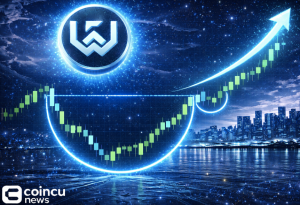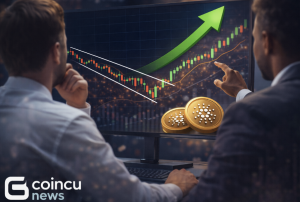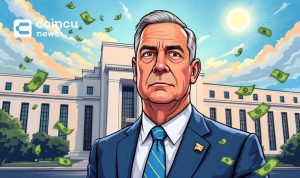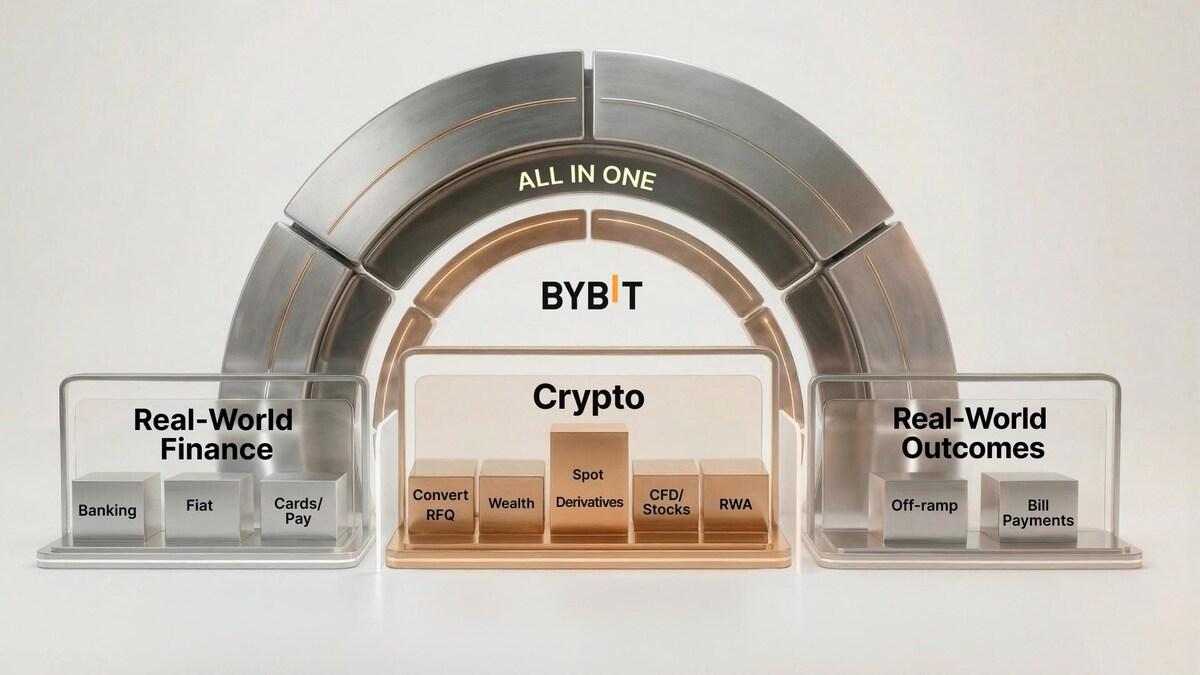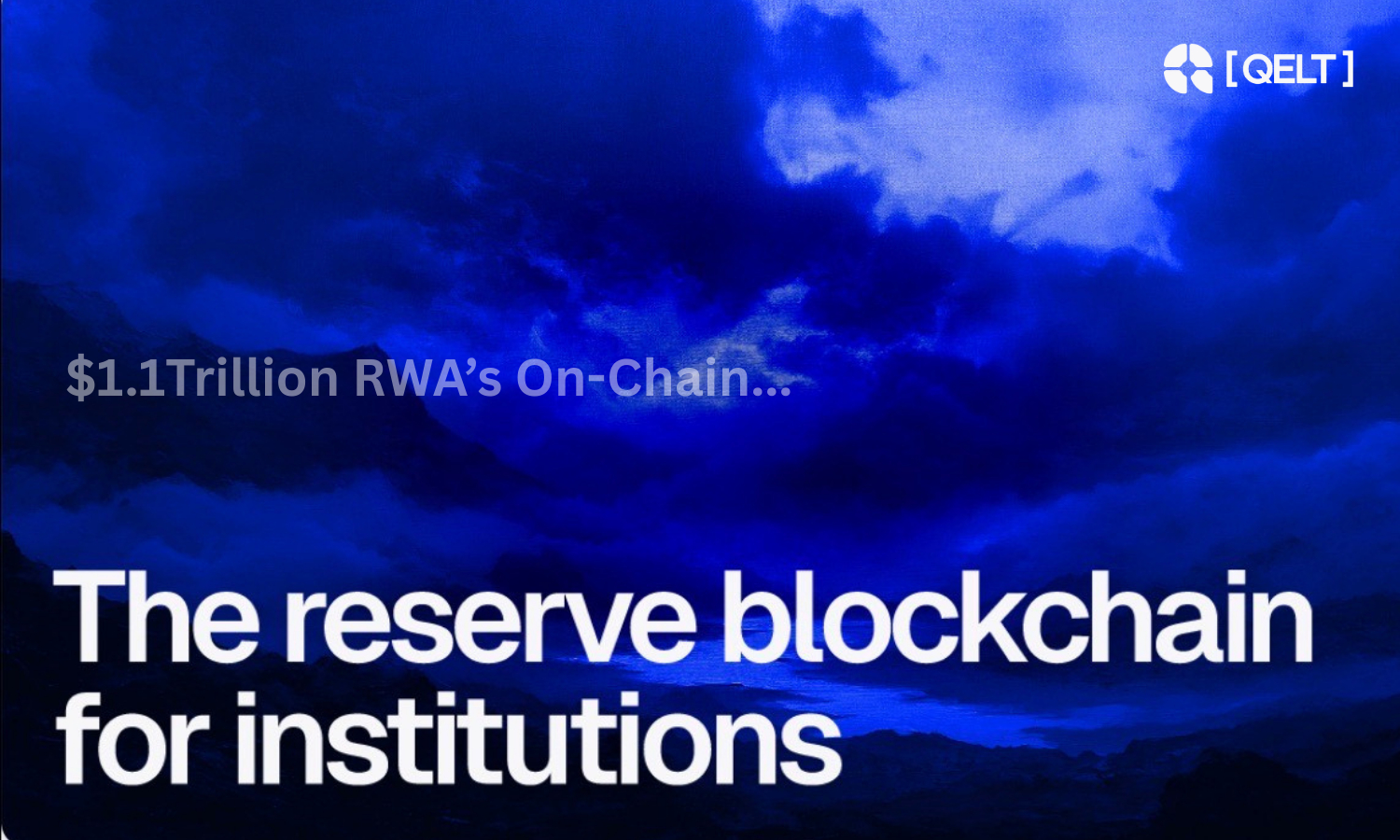Key Points:
- The Dencun upgrade to Ethereum has significantly reduced Layer 2 (L2) gas fees, with costs for data transfers dropping dramatically for multiple L2 solutions.
- The new blob mechanism is expected to lead to a 90% reduction in transaction costs on L2 solutions.
Ethereum’s Dencun upgrade led to significant L2 gas fee reduction, decreasing costs for transactions on layer 2 solutions. However, it didn’t boost investor interest in rollups.
The recent Dencun upgrade to Ethereum has brought about a significant L2 gas fee reduction, exceeding initial expectations.
The upgrade introduces a mechanism that decreases costs linked to transactions on layer 2 solutions, which batch and compress transactions prior to transferring them to the mainnet.
L2 gas fee reduction has had a substantial impact
The cost of L2 sending data to Ethereum has dropped dramatically, for example:
- Optimism’s costs went from $307.91 to just $4.18;
- Arbitrum’s costs decreased from $297.87 to $31.59;
- zkSync’s costs dropped from $320.75 to $36.5.

Other L2 solutions such as Base, Zora, and Mode also experienced a cost decrease of over 90%.
Rollups, however, need to manually implement blobs. So far, Base, Optimism, Arbitrum, Zora, and zkSync have done so. Ethereum hosts more than 40 rollups, 26 of which are upcoming projects.
Readmore: VanEck Cuts Spot ETF Fee To 0.2% Following A 160% Price Rally
Investor Interest in Rollups Despite Upgrade
The consensus amongst experts is that the blob mechanism will lead to a 90% decrease in transaction costs on layer 2 solutions. According to Ethereum co-founder Vitalik Buterin, 125 kb of call data now costs approximately 0.06 ETH ($238), while a similar-sized blob is likely to cost only 0.001 ETH ($3.98).
Despite this positive, the Dencun upgrade has not yet stimulated investor interest in the native tokens of rollups, which are expected to benefit the most from blob-carrying transactions.
| DISCLAIMER: The information on this website is provided as general market commentary and does not constitute investment advice. We encourage you to do your own research before investing. |









